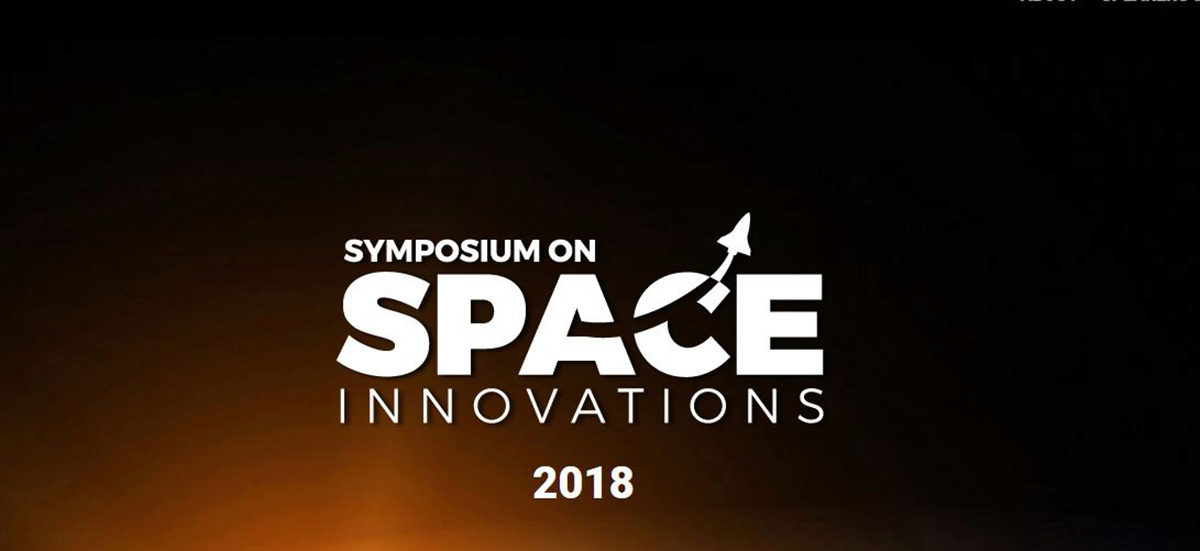
Rapidly growing interest in commercial space exploration has prompted organizers of the Georgia Tech Symposium on Space Innovations to double the size of what's becoming a must-attend annual gathering for space space enthusiasts in the southeast.
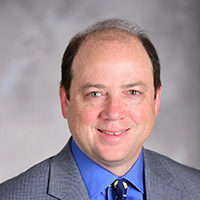 |
| Prof. Glenn Lightsey |
The 2018 Symposium will feature two days of technical presentations, plenary addresses, and panels that include NASA astronauts, space industry executives, and academic experts from Georgia Tech and beyond. Headlining this year’s conference are Admiral James Ellis, Dr. Stewart Cameron, Dr. Franklin Chang Diaz, Dr. Mary Lynne Dittmar, Dr. Stephen Robinson, and Georgia Tech president Gordon "Bud" Peterson, who was recently appointed to the National Space Council’s Users Advisory Group.
"What we saw last year was that this symposium has become a focal point for space activity in the south east - a hub where some of the most exciting research and commercial ventures are being presented and debated," said Prof. E. Glenn Lightsey, director of the Space Systems Design Lab (SSDL) and the associate director of Georgia Tech's Center for Space Technology And Research (C-STAR).
"The only complaint we had last year was that some people wanted to attend sessions that were scheduled at the same time. That's why we expanded it to two days."
Included in the two-day session will be poster presentations by 40 area college students, many of them from the Daniel Guggenheim School of Aerospace Engineering. Also debuting will be a roll-out of the Tethering And Ranging mission of the Georgia Institute of Technology (TARGIT), a 3U CubeSat project developed by students of AE professor Brian Gunter as part of NASA’s Undergraduate Student Instrument Program (USIP). The tiny
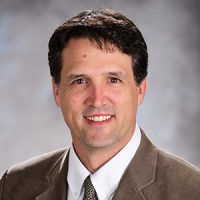 |
| Prof. Brian Gunter |
satellite has been selected for a launch opportunity as part of the 8th class of the CubeSat Launch Initiative (CSLI) sometime in 2019 or early 2020.
"The primary objective of this project is to develop, and test on-orbit, a miniaturized LiDAR imaging camera," said Gunter.
"The LiDAR will image a deployed inflatable target to verify the instrument's performance, with the ultimate objective of enabling future planetary (small satellite) missions to gather valuable topographic, navigation, and reconnaissance data with a low size, weight and power (SWaP) instrument."
Additional objectives include investigations into the dynamics of a Cubesat-tether system, demonstration of long-range object tracking from a CubeSat, and the potential of the inflatable to serve as a low-cost de-orbit device.
The event has a burgeoning list of sponsors, including GTRI, the GT Center for Space Technology and Research (CSTAR), the GT Institute for Materials, the Georgia Space Grant Consortium and several private aerospace companies, including Cecil Spaceport, SpaceWorks, Cobham, Mudd Law, Generation Orbit, Aeralytical, and Blink Astro.
Lightsey predicts that that list will grow in the future.
"As the capacity for space flight has grown, so has the interest in making it economically feasible in the future, and that's attracting a lot of private aerospace companies," he said.
Gunter predicted that those start-ups will be coming to Georgia Tech to build their capacity.
"The great thing about the cubesats that we are designing and building is that we are involving our undergraduates in the process. When they are ready to graduate, they won't have to build up their skills in the workforce. They'll already have a working knowledge of the process."
Check out some of the presenters at the 2018 Symposium on Space Innovations
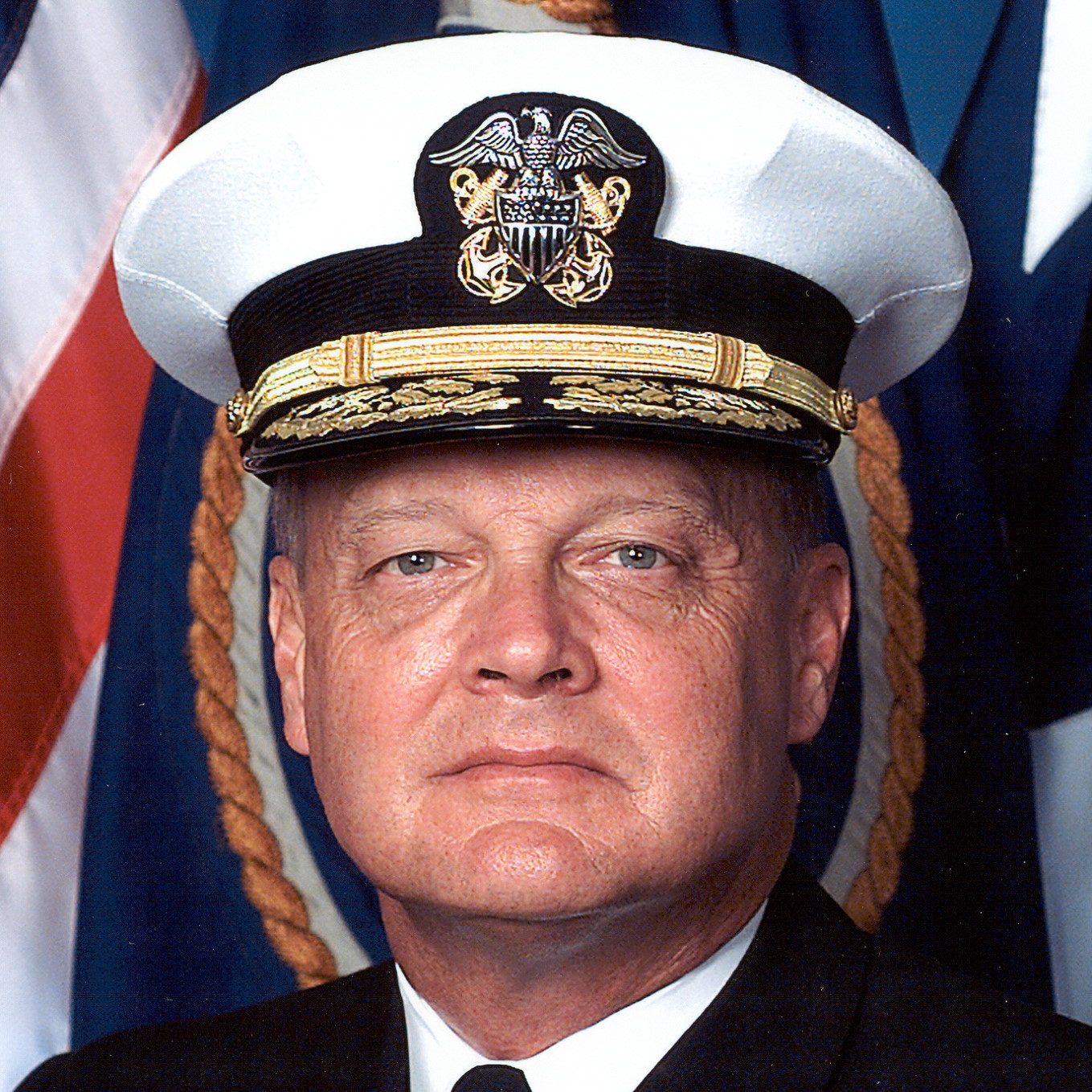 |
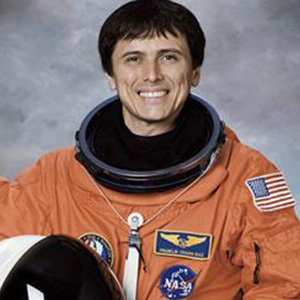 |
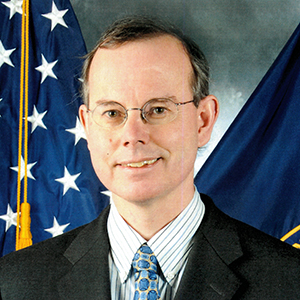 |
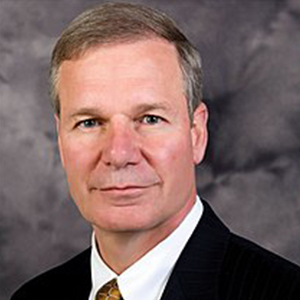 |
| Ret. Admiral James Ellis National Space Council User Advisory Group |
Dr. Franklin Chang Diaz Ad Astra Rocket Company |
Dr. Stewart Cameron National Reconnaissance Office AS&T |
President Gordon Peterson |
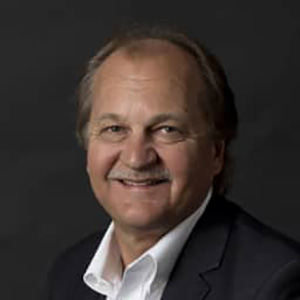 |
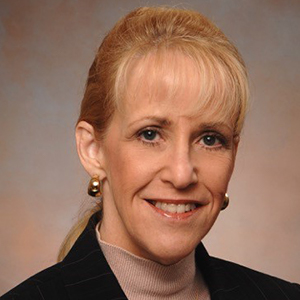 |
 |
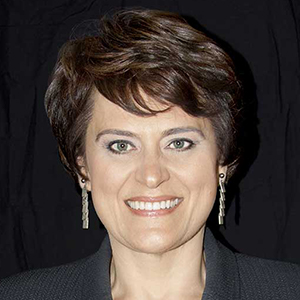 |
| Brad Schneider Rocket Lab USA |
Dr. Mary Lynne Dittmar Coalition for Deep Space Exploration |
Chris Quilty |
Carissa Bryce Christensen Bryce Space Technology |
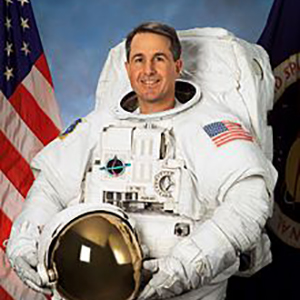 |
 |
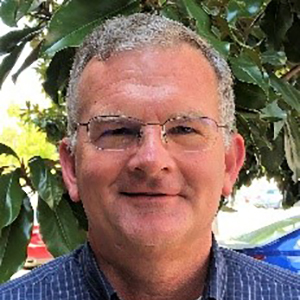 |
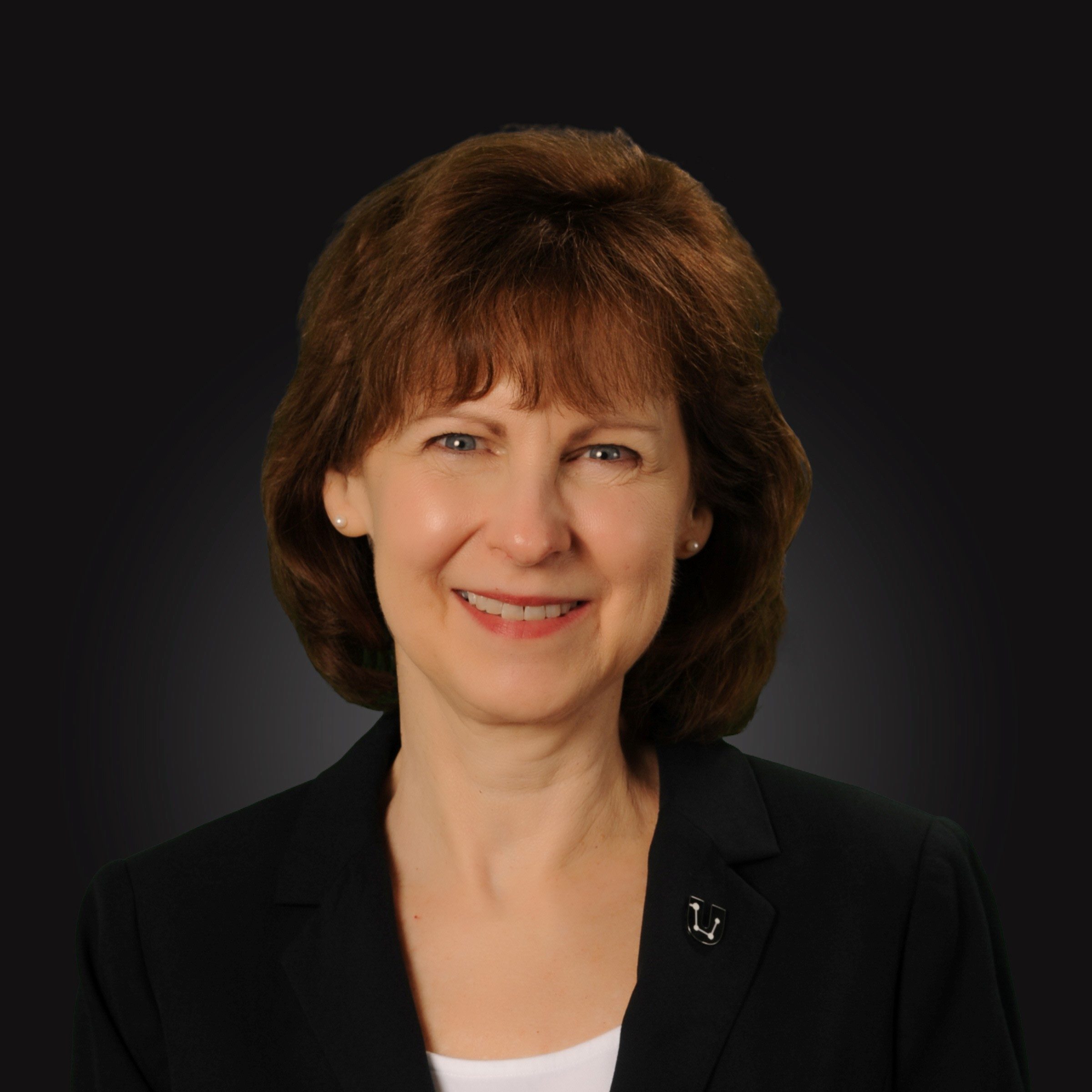 |
| Prof. Stephen Robinson UC San Diego |
Derek Hodgins Northrop Grumman |
Kent Leka Viasat |
Julie Baker Ursa Space Systems |
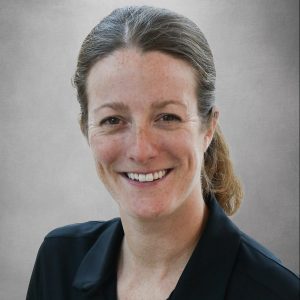 |
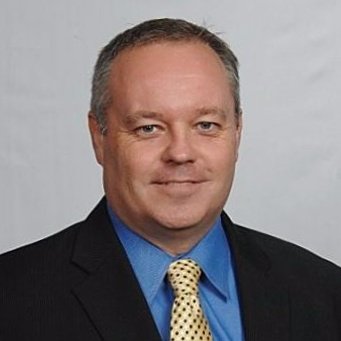 |
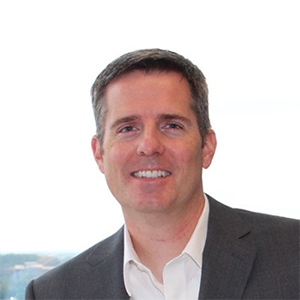 |
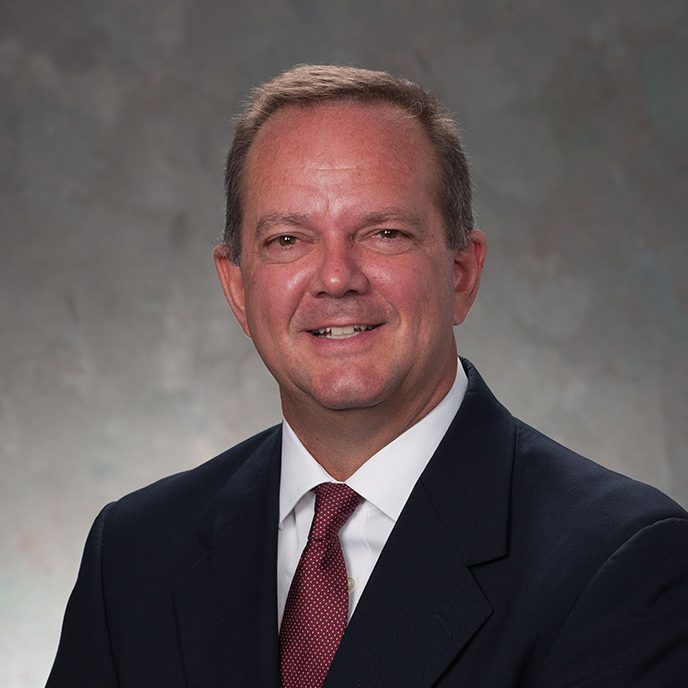 |
| Prof. Addie Dove University Central Florida |
Michael Mealling Sarbridge Venture Capital |
John Bradford SpaceWorks Enterprises |
Tom Engler NASA Kennedy |
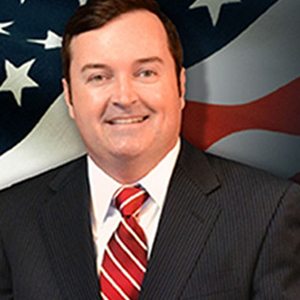 |
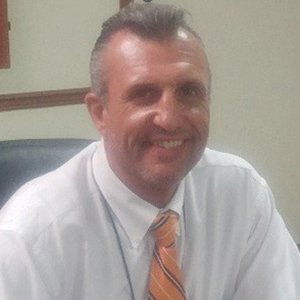 |
||
| Steve Howard Spaceport Camden |
Todd Lindner Jacksonville Aviation Authority |